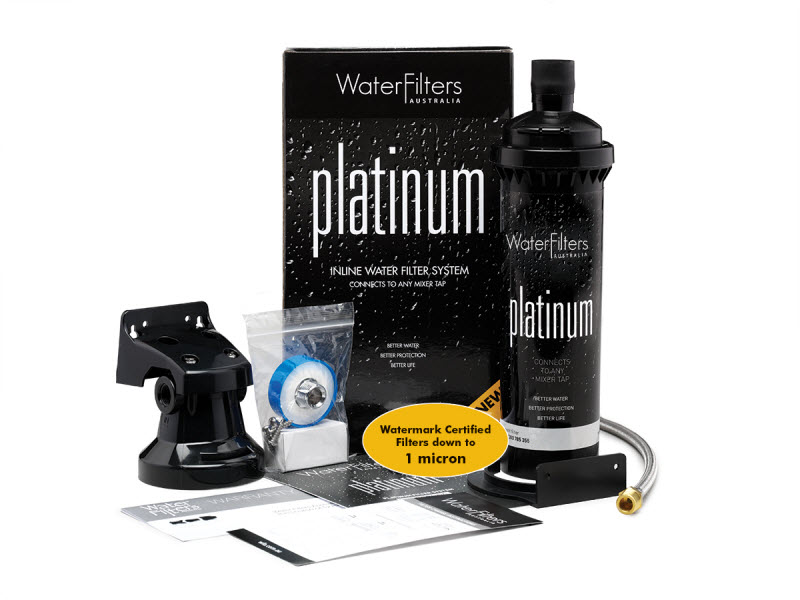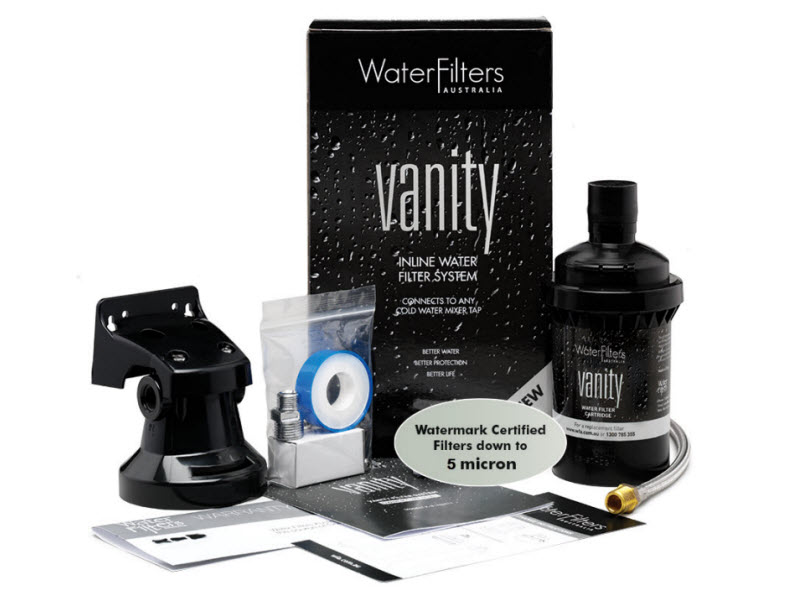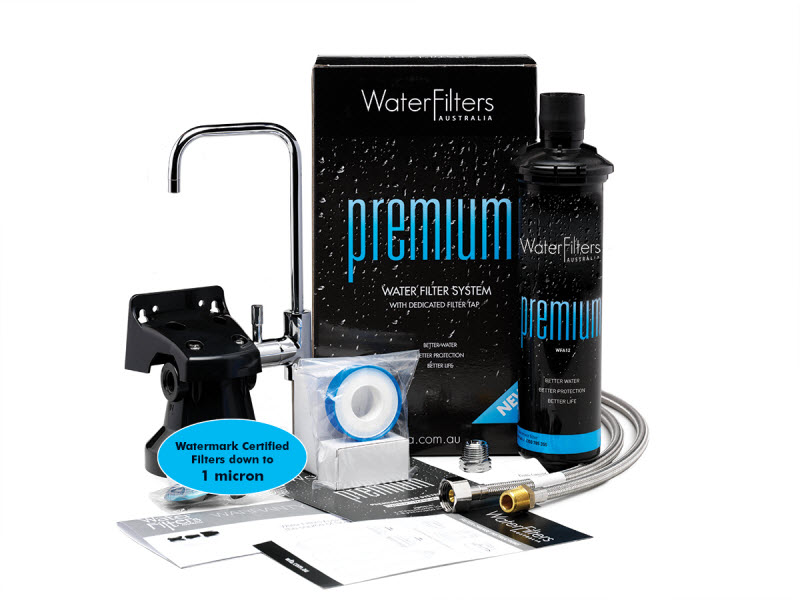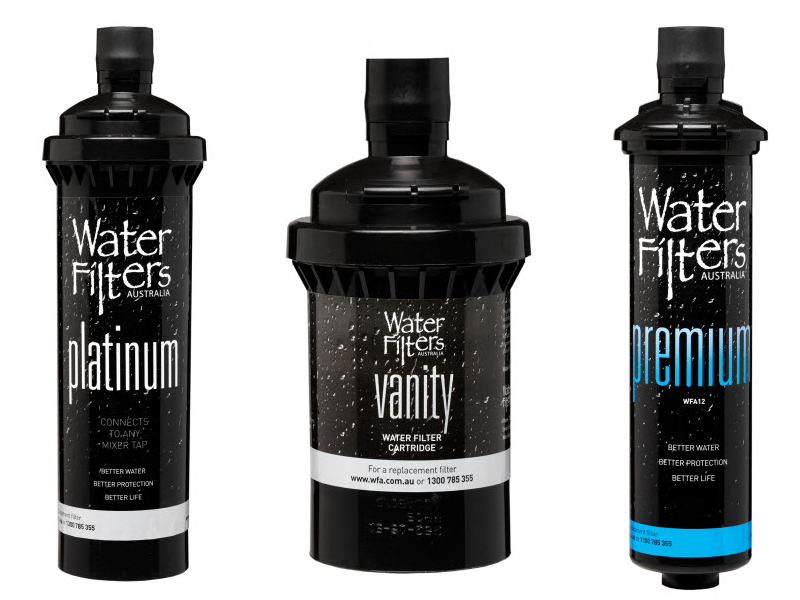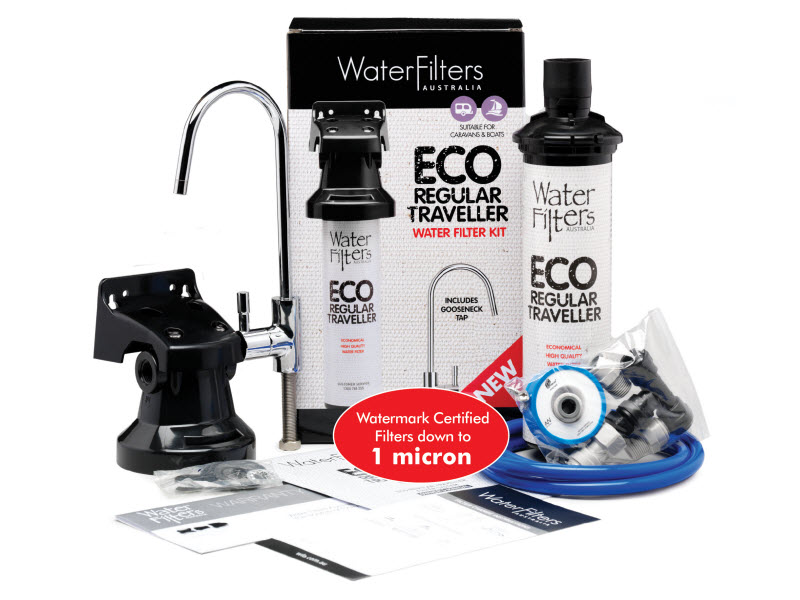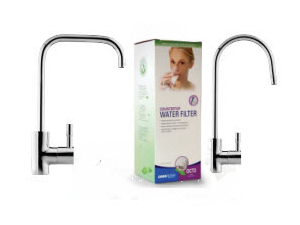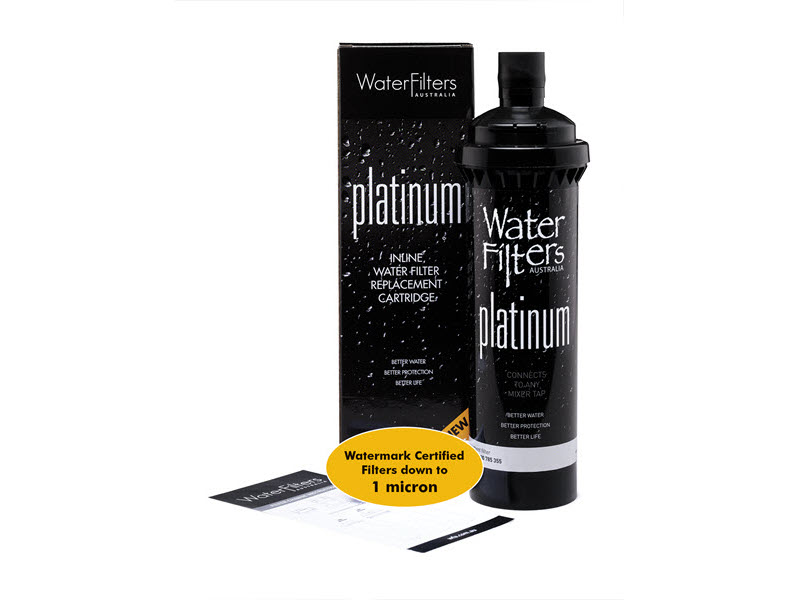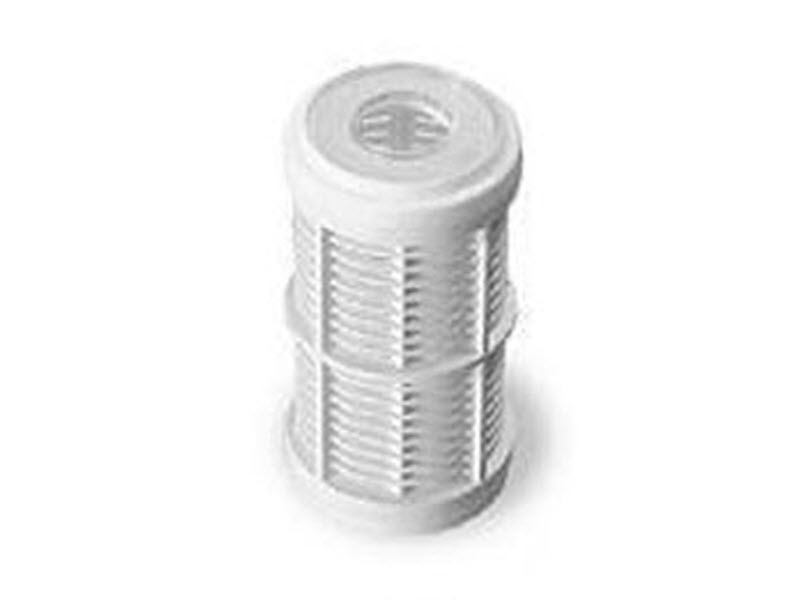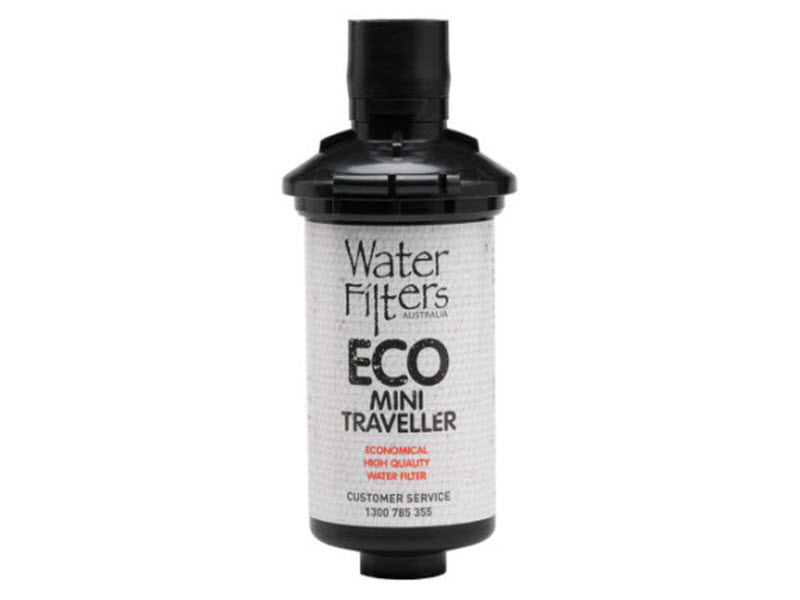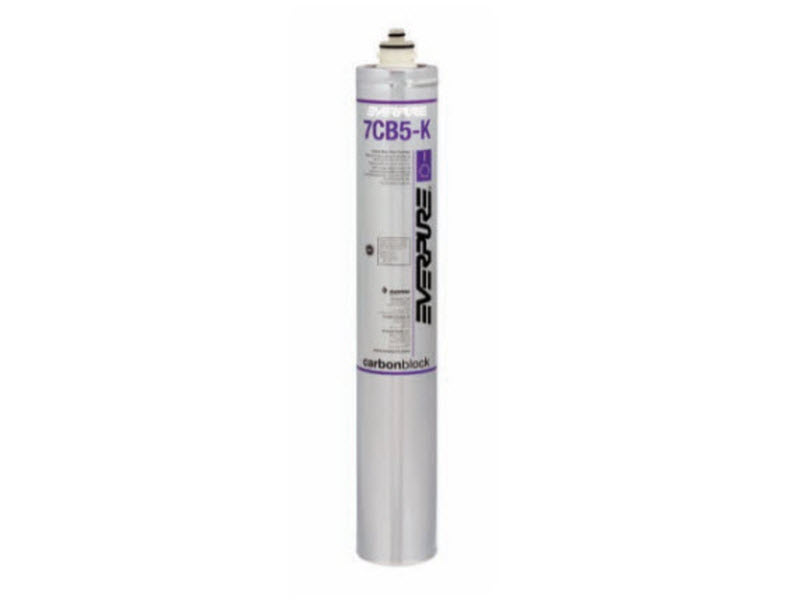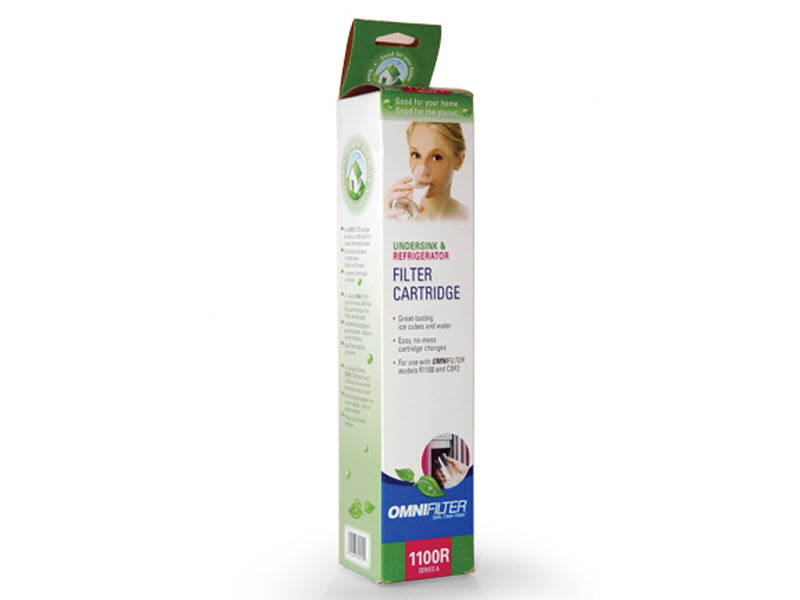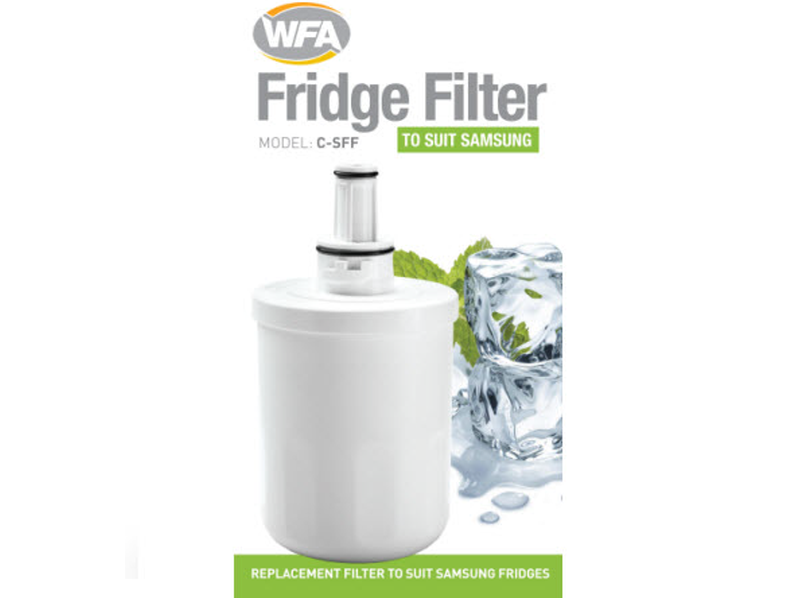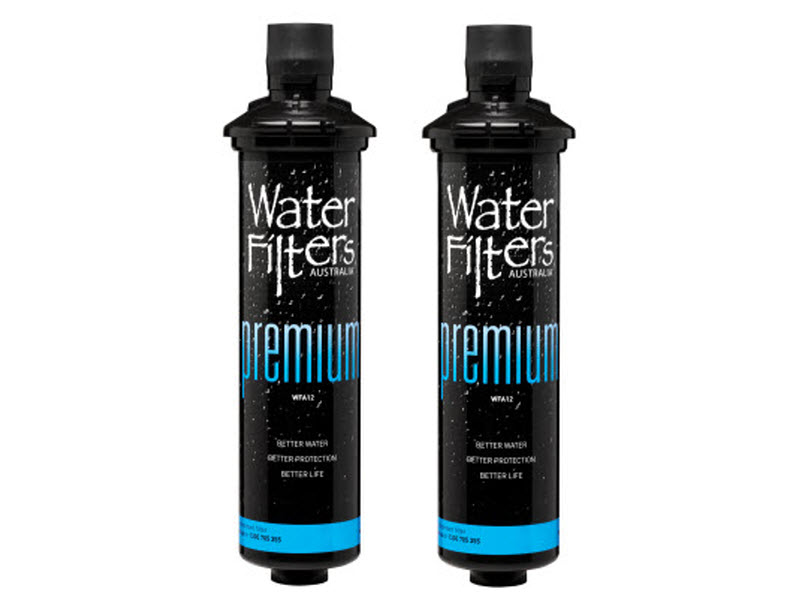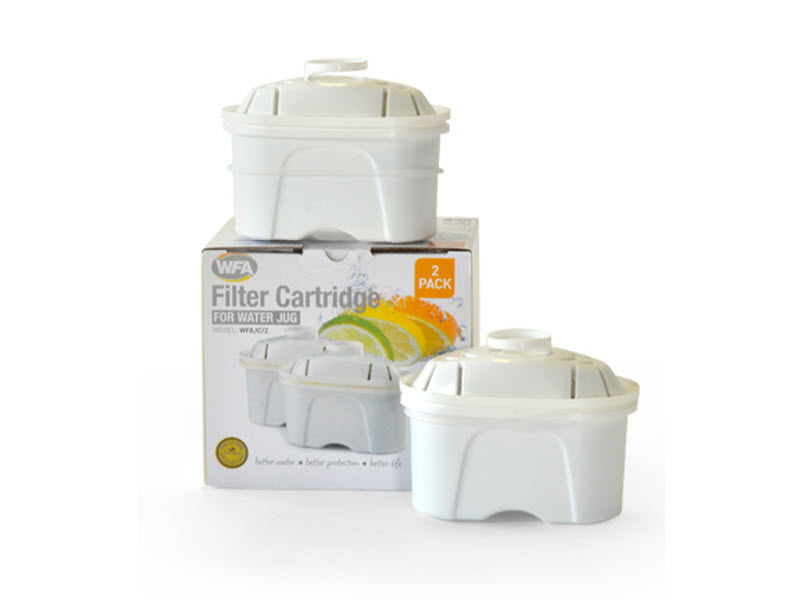Activated carbon - the role of carbon in filtered water
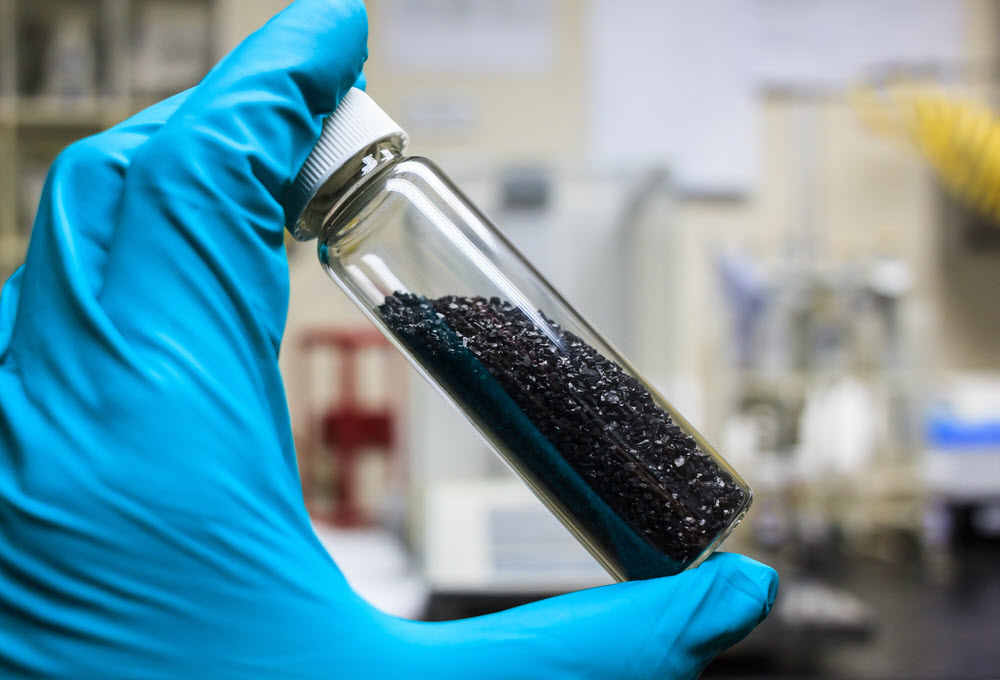
In water filtration, carbon is not a dirty word, particularly its role in the function of water filters. The qualities of carbon filtration come from the carbon activation process, either by physical methods or chemical reactions that burn away the carbon and create pores within the particles.
Physical activation employs hot gases and air, whilst chemical activation uses bases, salts, or acids. Porosity (number of pores) is the desired outcome of the activation process.
Pore size and density are the critical components of the process and it takes experienced and qualified manufacture to ensure consistency and quality in the pores. Smaller pores result in higher density and greater filtration efficiency.
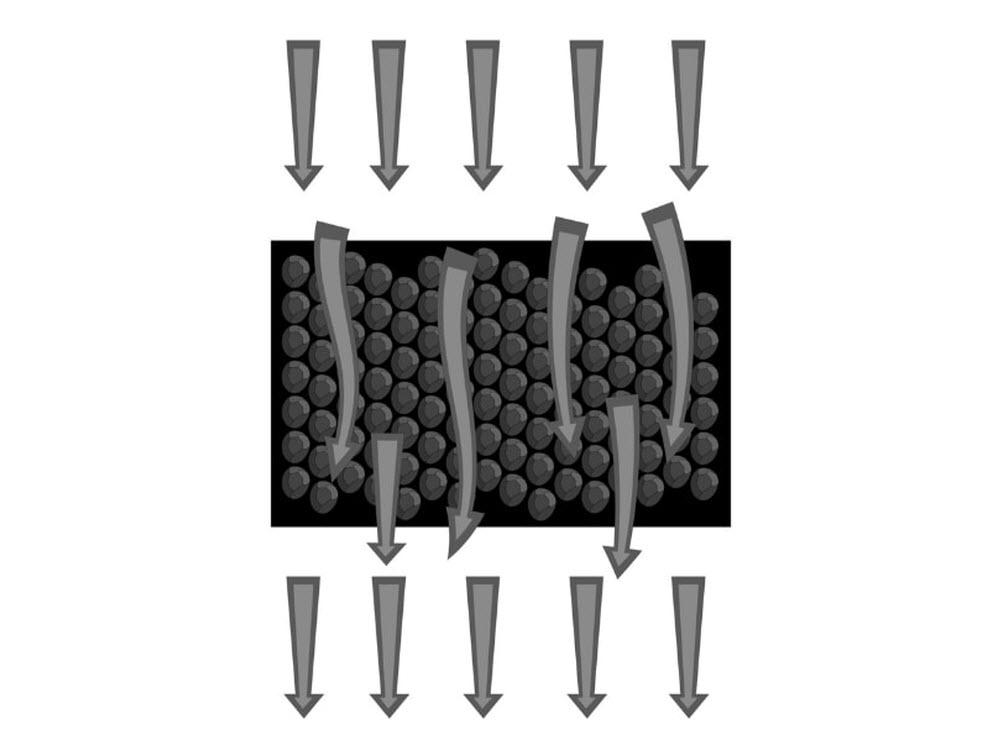
Adsorption not absorption
Sources of carbon include bituminous coal, peat and coconut shells. Coconut shell is the most widely used in the carbon water filter industry. It is highly renewable and the world is moving away from coal for any use as much as possible.
So what is ‘adsorption’?
Much like a magnet, adsorption means contaminants are attracted to the surface of activated carbon and cling to it. Chlorine, organic pesticides, chloroform and volatile organic compounds (VOCs), components of gasoline, industrial cleaners and solvents are highly attracted to activated carbon, enabling the filter to eliminate these pollutants from your tap water.
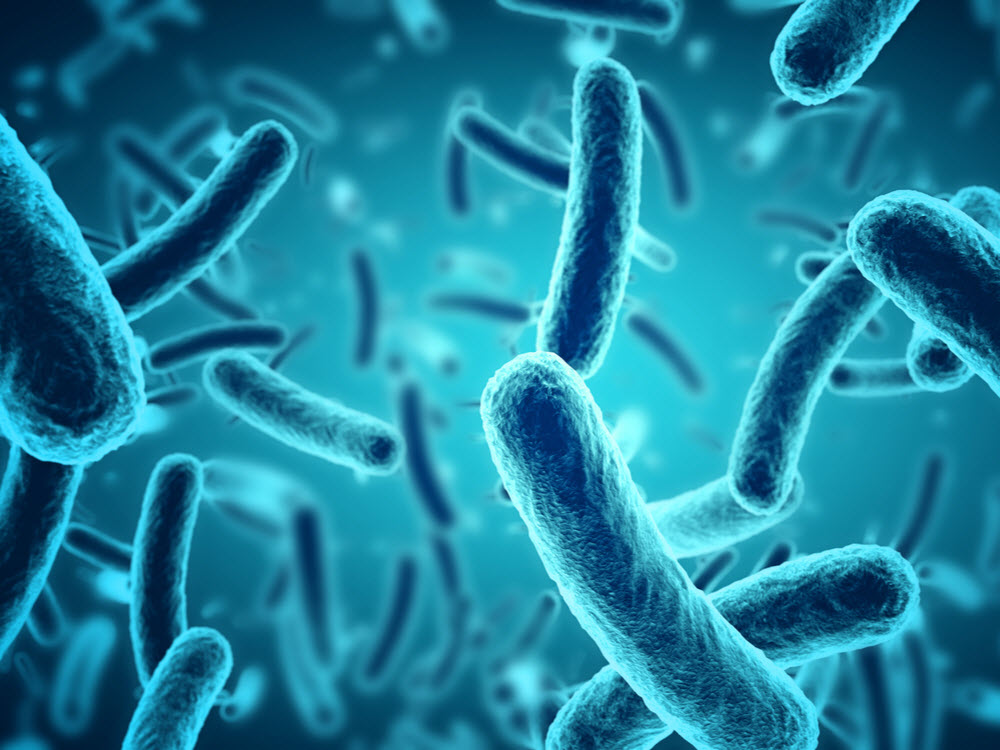
Microns matter
Ever since the Egyptians discovered that charcoal keeps water cleaner and tasting better, humankind has used filtration in one way or another to improve our drinking water.
Nowadays, carbon filtration is so advanced that filters are rated on micron size. For example, a grain of sand from the beach is approximately 80 microns in size. Water filters Australia provides water filters that filter contaminants as small as .5 microns, including bacteria and silt.
Not only are carbon filters highly effective in filtering out harmful pollutants, but they are also manufactured to last and are so easy to install, making them an essential item in every Australian home, caravan and RV.
Get yours today
There is no doubt we are drinking more water. And there is no doubt that buying bottled water is burning a hole in our pockets. As the cost of living continues to accelerate, we are paying more attention to our physical and financial health. It makes sense to install a quality water filter in your home. The health benefits are easy to justify and the boost to your budget will be measurable.
Contact us today for the best advice and the highest quality USA manufactured carbon water filter for your home, caravan or RV.
Buy from Australia’s foremost water filter supplier
Our inline water filters are manufactured in the United States to the highest standards of quality and functionality. We only supply the foremost independently watermarked water filter systems. With a number of inline home options and a range suitable for caravans and RV’s our Australian distribution centre stocks a complete inventory of certified replacement cartridges and 100% Australian-based customer support.
Contact us today and begin enjoying what your tap water can be.



